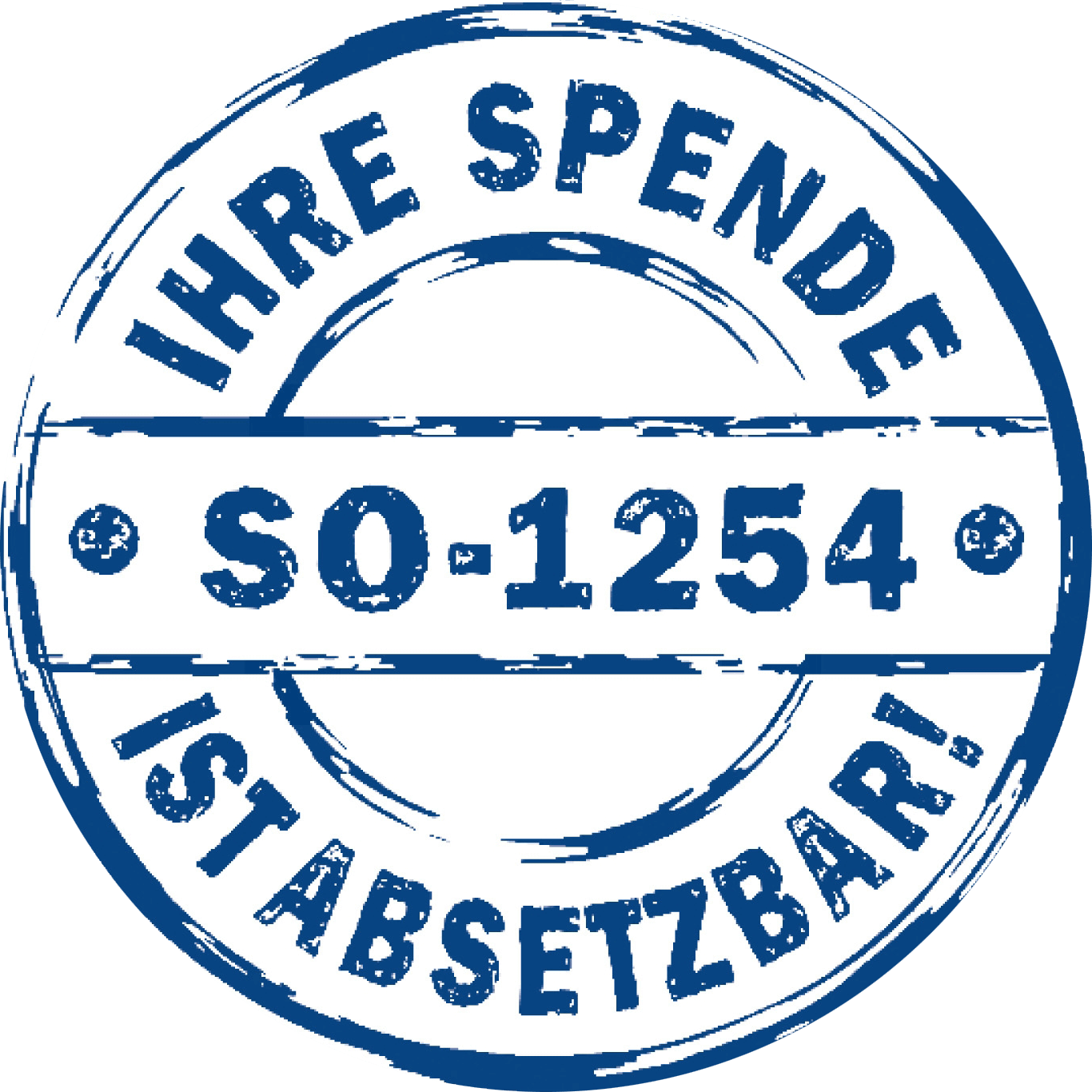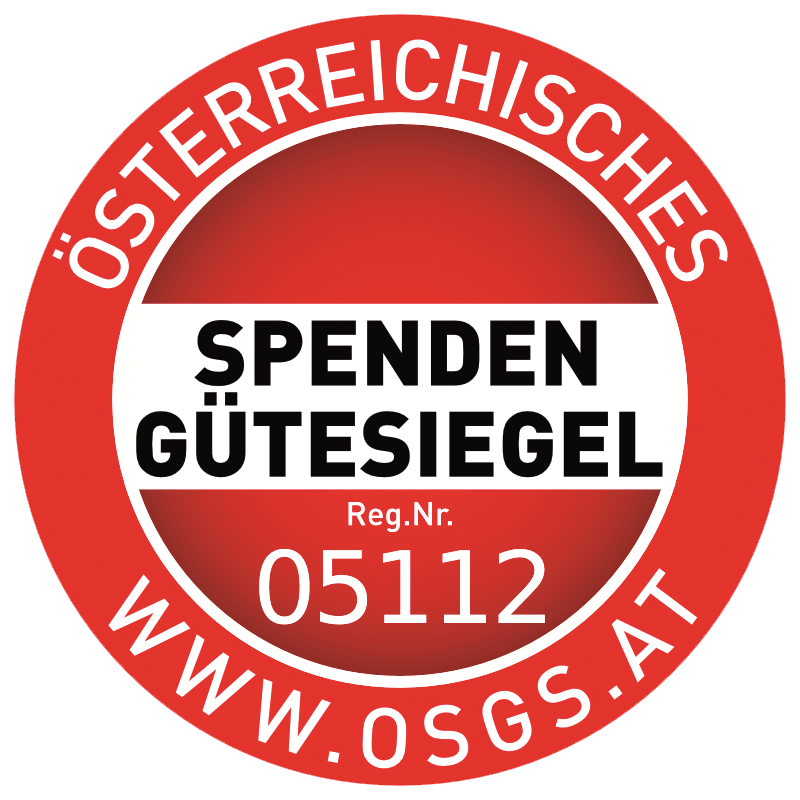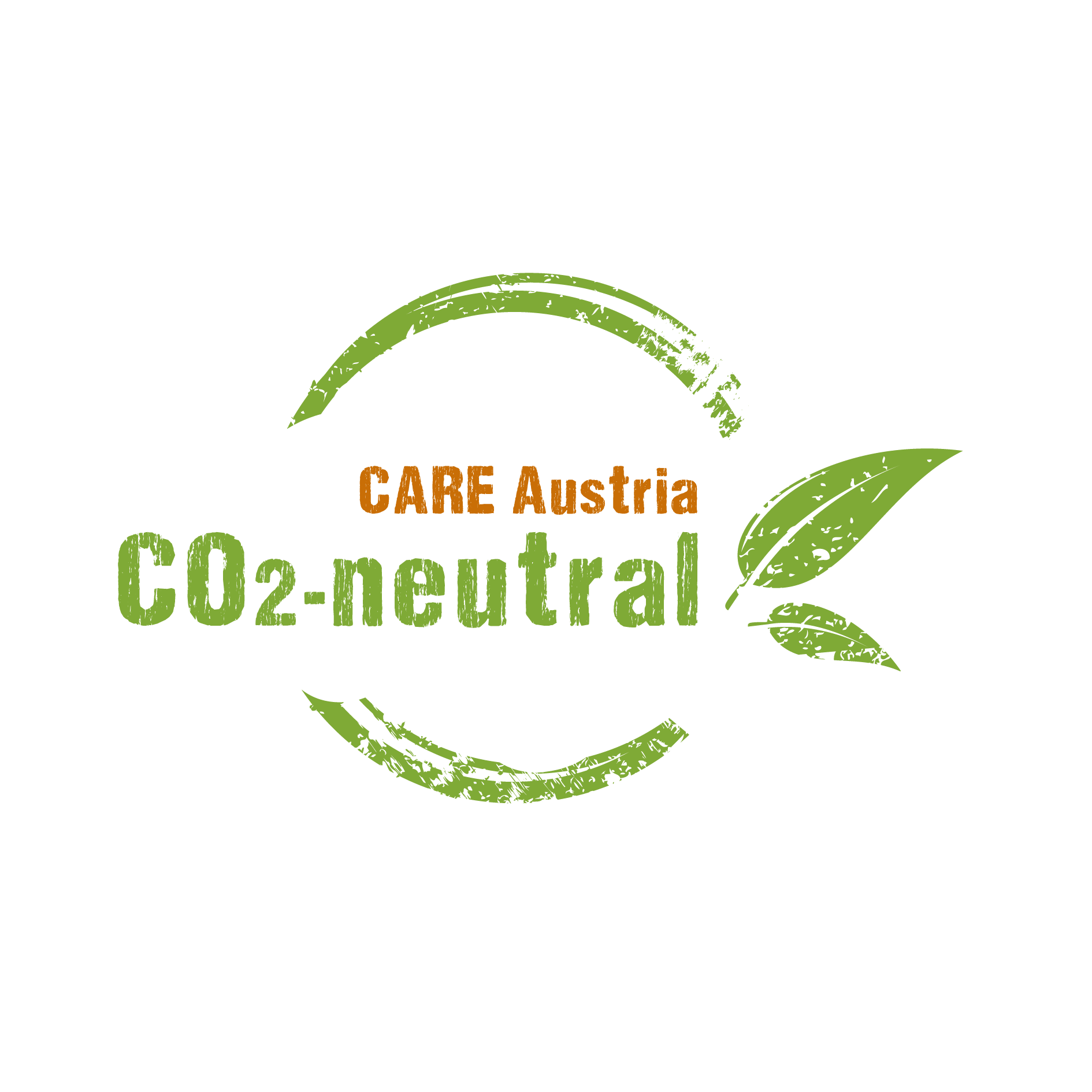Ethiopia: Improved WASH systems and Resilience in Amhara – IWRA – ETH939
Due to poor infrastructure and the difficult geography of the country, rural parts of Ethiopia are isolated from many services such as health and education or opportunities in business and trade. Moreover, agricultural profits are often below subsistence levels, thus contributing to further poverty. Rural households also often suffer from a high burden of disease due to poor access to clean water and sanitation systems and high rates of malnutrition. They also do not have adequate access to education, either because quality of schooling is poor or because the opportunity cost of attendance is too high. Compounding all this, Ethiopia is a country that experiences recurring droughts and natural disasters. The historical trends have shown that Ethiopia has gone from experiencing one drought every decade to one drought every 2-3 years. In addition, the spring and summer rains have declined by 15-20% since the mid-1970s. Observed substantial warming across the entire country and decline of rainfall adversely affecting crop yields and pasture conditions suggests that the number of at-risk people in Ethiopia will increase during the next 20 years.
Overall Objective
IWRA aims to impact chronically food insecure households in Belesa woredas, Central Gondar Zone of Amhara regional state, with a particular focus on marginalized individuals such as women, girls, youth and people with disability. It aims to do so by reducing hunger and inequalities; improving health & wellbeing; reducing gender inequality; increasing access to clean water and sanitation; addressing climate change with environmental protection and doing all of the above in ways that are sustainable, through partnerships and by strengthening local institutions and community groups.
Specific Objectives
1) Improved inclusive and equitable WASH systems, environmental protection and irrigation management.
2) Enhanced economic resilience and valued voices of marginalized groups in household and community affairs, and increased community engagement against discriminatory social norms.
3) Strengthened capacity of the local stakeholders (government, private sector and the community organizations) to maintain sustainable and inclusive community development.
Expected Results
ER 1.1 Improved access to and sustainable management of sanitation and water resources for domestic consumption and productive use.
ER 1.2: Improved protection of the environment and response to environmental shocks.
ER 2.1: Increased capacity of marginalized groups to engage in income generating activities.
ER 2.2: Enhanced ability of power holders and marginalized groups to challenge existing discriminatory social norms and expand the role of women and girls.
ER 3.1: Increased engagement of local government with community to address needs.
ER 3.2: Increased involvement of the private sector in water, sanitation and the environment sector together with increased engagement of local government and communities with the private sector.
Main Activities
- In areas of the previous SWEEP project, support to increase capacity of community and government to continue to manage and operate water resource systems (domestic and irrigation).
- In new areas, support provided to government and community to increase domestic water and sanitation supply and ensure they are fully functional and accessible to the community.
- In new areas, government and community supported to increase their environmental resilience.
- In areas of the previous SWEEP project, support to increase capacity of government and marginalised groups to continue to engage in income generating activities.
- In new areas, support government to facilitate marginalized groups’ engagement in income generating activities.
- In areas of the previous SWEEP project, support government to work with communities to continue challenging existing discriminatory social norms and expand the role of women and girls.
- In new areas, support government to work with communities to challenge existing discriminatory social norms and expand the role of women and girls.
- In areas of the previous SWEEP project, support to increase capacity of local government to engage with community to address needs.
- In SWEEP and new areas, support to increase capacity for joint learning.
- In areas of the previous SWEEP project, strengthen private sector actors, with businesses in the water, sanitation and environmental sector in particular.
Location
East and West Belesa, Amhara, Ethiopia
Beneficiaries
244,117 individuals
Duration
01.12.2021 – 31.12.2023
Total Budget
€ 1,950,000
Donors
This project is funded by the Austrian Development Agency (ADA) (with funds of Austrian Development Cooperation).
This project contributes to the following sustainable development goals (SDGs):














